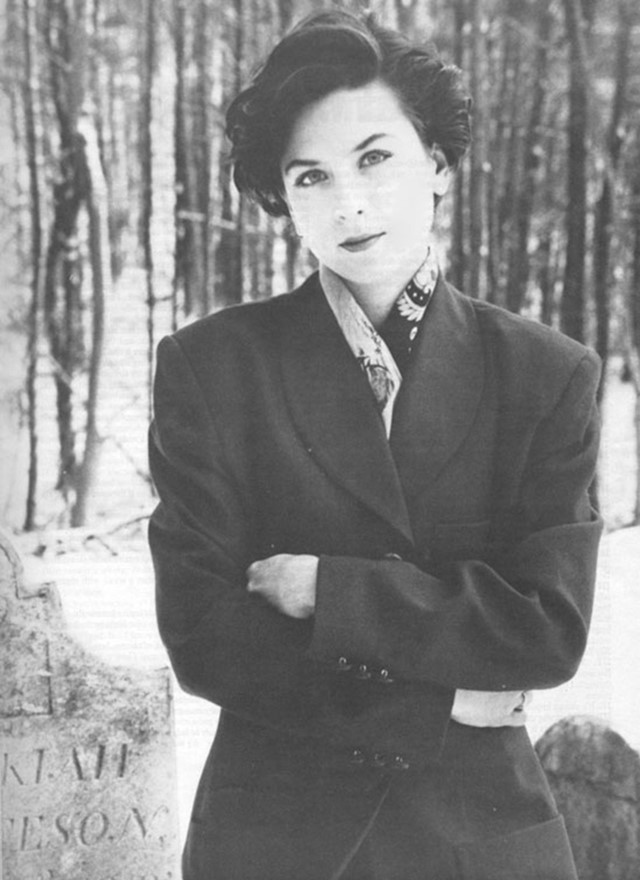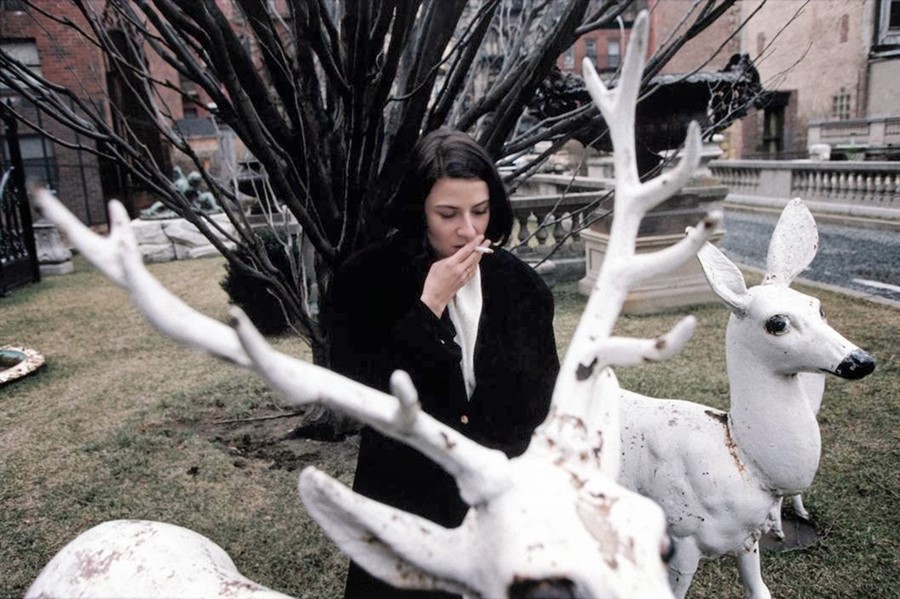As her latest book The Goldfinch is published to global acclaim, Donna Tartt revisits her debut novel The Secret History
"I began The Secret History at college and worked on it while I was there. Going to school in New England was a very striking experience for me, and it was for Bret Easton Ellis too. I had at least seen snow before – I don’t think Bret had. To come from a warm place and to go to a cold place – and Vermont was a very cold place – a lot of my very visceral memories of going to school for the first time are powerful with snow, and of very deep snow in the spring time. The weather – it really does affect moods, we all know it does.
I was in a novel writing tutorial with Bret and one week he would bring in a chapter of Less Than Zero, and I would bring in a chapter of The Secret History, back and forth like that and then he finished it! We went home for the Christmas holidays and he came back and said, “I’ve finished my book!” It wasn’t until so many years later when I finished mine. I was in the city and everything was different, and I was missing the warm friendly world of school and the things I loved, so writing the last part was a way for me to be back there. I think I caught something because I was very young, part of the flaws and virtues of the work are because I was so young. But mainly when I left, I wanted to be back at school so bad, and writing was a way of getting back to that.
"When I left, I wanted to be back at school so bad. Writing The Secret History was a way of getting back to that" — Donna Tartt
But it nearly didn’t happen – I actually abandoned it for a long time. A very well known editor read it and said, “This book will never be successful because no book has ever been written by a woman from the point of view of a man, you need to re-write all this”. I was like “What?” and I stopped writing it, for about a year. The thing was that I couldn’t have told the story I wanted to tell from a female point of view, because then there would be the question, "Is she doing this because she’s attracted to him?" It would have been an interesting novel, but it wasn’t the novel I wanted to write. There had to be no question, a way to keep it a purely moral decision and that was the territory of the novel. My main character had to be male. Brett Ellis who had been published at this time and was incredibly famous kept niggling at me to finish it, and in the end, obviously, I did, but I did have a long hiatus where I was just about at the point where I wouldn’t have been able to finish it again, because it does happen, you lose the thread, you lose the characters. The whole thing was almost lost."
Ask someone for a book recommendation, and more often than not The Secret History will be proffered; the voice of its advocate ringing with a cocktail of smitten reverence and jealousy that someone will be falling anew into the elite world of Hampden College, Vermont. Published in 1992, dubbed by the New York Times as a blend of “Dostoyevsky, Euripides, Easton Ellis and Waugh”, the novel immediately entered the literary canon; while its author, a minute and enigmatic figure of just 28, became an endless source of fascination for journalists, critics and readers alike. More than 20 years and another two ecstatically received books on – the latest, The Goldfinch, was published in October – the enigma remains, as does Donna Tartt’s crisp black bob and the stern elegance that has both enchanted interviewers and crushed all hopes of a scandalous scoop.

It is with the promise of insight into her debut novel that a few hundred avid fans pressed themselves into all corners of a large wood panelled room at London’s National Geographic Society. It’s a discordant collection of individuals, all ages, all nationalities, all bundled in scarves against the chilly London night, all agog with excitement at the imminent arrival of Tartt to discuss her work. At her entrance, a palpable frisson darts around the large space, the night ends in an hour long queue for her signature – indeed, there is no one on the literary roster quite like Tartt for inspiring a rock star reaction, albeit one part-concealed by her audience’s desire to look as cool as she does.
And this is what makes Tartt fascinating. Bret Easton Ellis pronounced, "You can't be Salinger and be represented by ICM," but she has ridden out the contradiction, keeping her privacy cemented and her allure intact in a literary world that has come to rely on salacious authorial antics to boost sales. The awe inculcated in the hearts of tonight’s audience comes from the fictional worlds she conjures so vividly on the page, their passionate interest in the creator forever corralled by the respect she engenders.
The Goldfinch is out now, published by Little, Brown. Donna Tartt was speaking at The Guardian Book Club.
Text by Tish Wrigley
